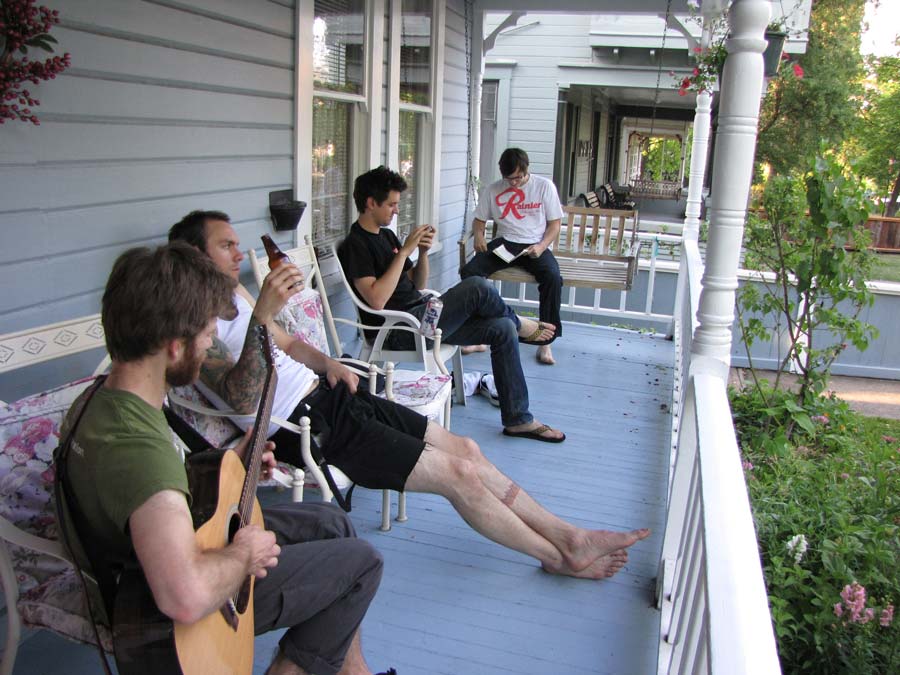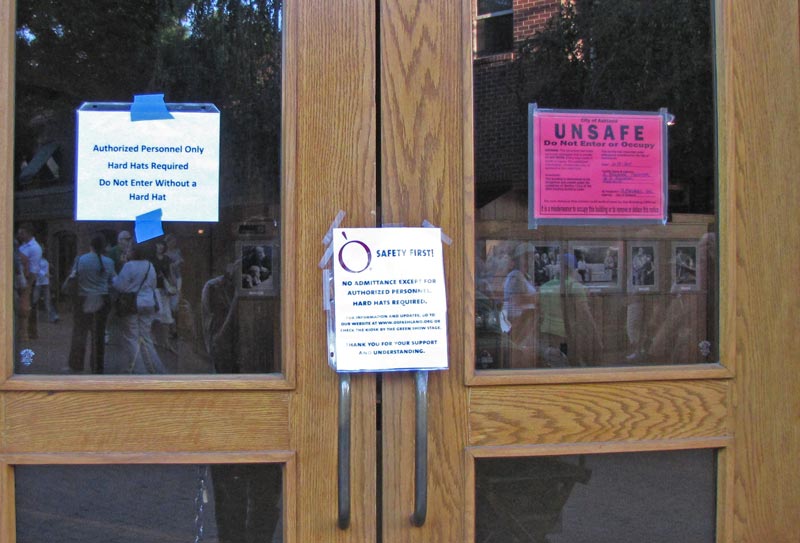Sports Crazy Meets Responsible Erudition
I’m in kind of a quandary here.
Monday evening is our regular rehearsal night for the Rainbow City Band concert band. This Monday night, instead of rehearsing as an ensemble, be break out into separate rooms at the church that hosts us for what we call “sectionals”, an entire night devoted to intense rehearsals within our instrument groups. THis Monday, for instance, perhaps 12 - 15 trumpets will deconstruct the pieces for our next concert (March 9 if you have your calendar handy) that give us trumpets particular difficulties in pieces like Children of Sanchez.
We’ll return to the next full band rehearsal knowing which key signature we’re in and why we’re still playing way more loudly than we should.
The quandary?
If you’re a college football fan, the word “Monday” above should have set you buzzing, and rightly so: it’s the evening of the penultimate game of the college football season, the National Championship match between Notre Dame and Ohio State.
Now, readers here know that I have a slightly-more-than-casual relationship to Ohio State football and in particular its marching band, of which I was blessed to be a member of in 1969 - 1971. Monday I will have a viewing opportunity that occurs just slightly more often than Halley’s Comet holds its orbital wienie-roast around the Sun: a National Championship.
Common sense would say to ignore the ephemeral celestial hyperventilating and tend to the more pedestrian responsibility to my current living bandmates. However, the term “common sense” appears nowhere in my Linked-In profile.
So here’s the pitch: I will be recording the game, and if I can beseech my trumpet-mates to forbear mention or eye-blink concerning the game, I will attend the sectional and hope to make it worthwhile. whilst still blindly ignorant of whatever happened on the field in Atlanta.
Deal??
Edit: I blew off rehearsal and watched the game. So much for erudition.








